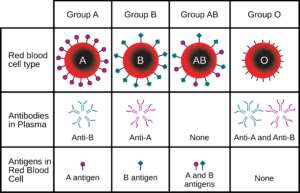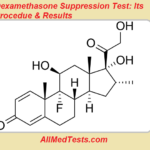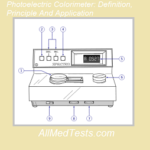Our blood is classified into different blood groups and the basis for the differentiation between these groups are the substances such as antigens whose absence or presence determine a different blood group. Every blood group has its different plasma which is another base for differentiation in these blood groups. A person with one blood group cannot accept blood of any other group. If someone tries to do so, a reaction called transfusion reaction takes place in that person’s body. A transfusion reaction is defined as a reaction which happens when two bloods of different groups are in the same body and they start resisting each other and this is the because the already existing blood group recognizes other blood group as outsider. ABO and RH are two of the blood groups and in this article, we are going to discuss both of these blood groups in detail.
ABO Blood Grouping:
ABO is not a blood group but a grouping of different blood including AB, B, A, and O blood groups. Now these blood groups work in a specific way against each other. The antibodies produced by the blood group A, are against the antibodies which get produced in the blood group B and in the same way, those produced by the B are against the ones being produced by blood group A. In the case of AB blood group, there are no antibodies produced which are either against A or B. In the case of blood group O, there are antibodies produced which are against both A and B antibodies. O blood group is called universal donor because it can donate blood to any blood group in this grouping and in the same, ABO are the universal acceptors which means they can accept blood from these blood groups.
ABO and RH Blood grouping have severe incompatibilities and the reactions between them can lead to very severe transfusion reactions and these can be very dangerous. Even though the transfusion reactions which can lead to the death of someone are very rare, it is very important that ABO and RH transfusions are avoided.

RH Blood Grouping:
This blood group depends completely on the antibodies being produced in the blood. The RH blood group is further classified into types i.e. positive RH and negative RH. Positive RH blood group is that group in which the antibodies are present in the blood. In the case of negative RH group, there are no antibodies produced in the body and thus this is called negative RH group and this leads to the basis of differentiation between these blood types. The good thing about positive group is that it can receive blood from negative group but if negative group is the receiver, this can lead to serious troubles such as severe transfusion reactions which is something you don’t want.
So, this was all the basic information you needed to know about ABO and RH Blood Grouping. If you have any question regarding this topic, you can ask us in the comments section and don’t forget to leave your feedback as well. Keep visiting our website for more free medical tests and guides.






Leave a Reply